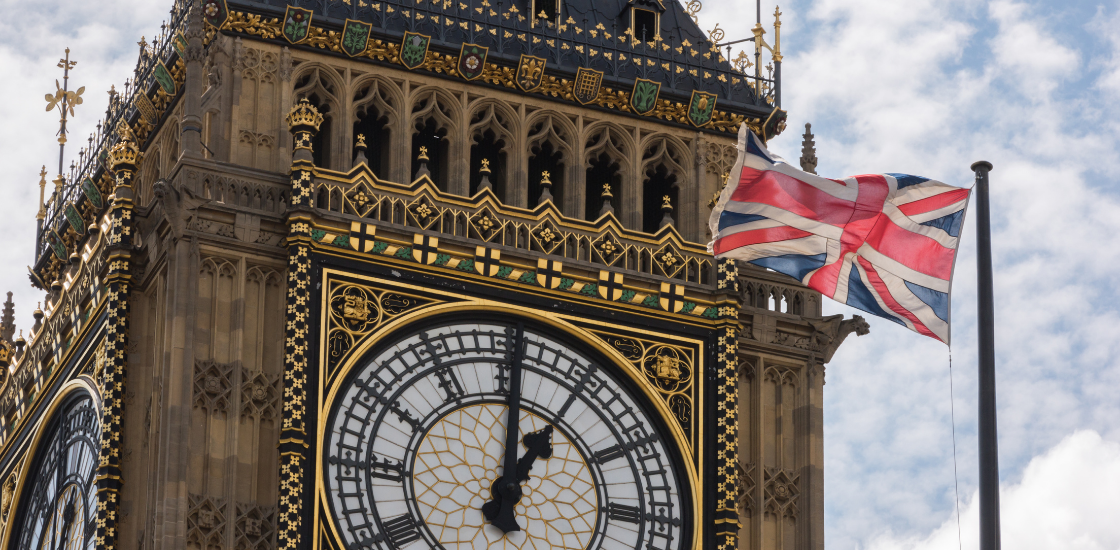CMA Flags Potential Market Monopoly with Spreadex’s Sporting Index Acquisition
In a significant development within the UK’s sports betting sector, the Competition and Markets Authority (CMA) has expressed concerns regarding Spreadex’s recent acquisition of Sporting Index’s consumer-facing operations. The authority fears that this merger might lead to monopolistic tendencies in the sports betting market, prompting a call for solutions to avert further scrutiny.

Scrutinizing the Merger
Spreadex, known for its foothold in financial spread betting and casino realms, expanded its portfolio by acquiring the business-to-consumer division of Sporting Index from Sporting Group Holding Ltd. This move has brought two of the UK’s leading online sports spread betting service providers under one umbrella, sparking apprehensions about reduced competition in this niche market.
The CMA’s preliminary investigation shed light on the potential for monopolistic outcomes, underlining that the acquisition could effectively eliminate the only other licensed sports spread betting service in the UK, thereby reducing market competition.
Companies’ Counterargument
In defense, Spreadex and Sporting Index argued that despite the merger, competition would still persist from fixed odds betting entities. However, the CMA found the evidence provided insufficient to alleviate its concerns regarding the merger’s impact on market competition.
In light of these concerns, the CMA has granted Spreadex and Sporting Index a five-day period to propose effective solutions to the identified competition issues. Should the companies fail to present satisfactory remedies within this timeframe, the authority might launch a more detailed phase 2 investigation to thoroughly examine the implications of the acquisition.
Our Comment on the Article
The CMA’s concerns over Spreadex’s acquisition of Sporting Index underscore the delicate balance between business growth and market competition in the sports betting industry. As the UK’s regulatory bodies continue to uphold fair competition, this situation highlights the need for companies to navigate acquisitions with a keen eye on market dynamics and regulatory expectations. This development serves as a reminder of the intricate regulatory landscape governing the iGaming sector, emphasizing the importance of transparency, competition, and consumer protection in fostering a healthy betting environment.
